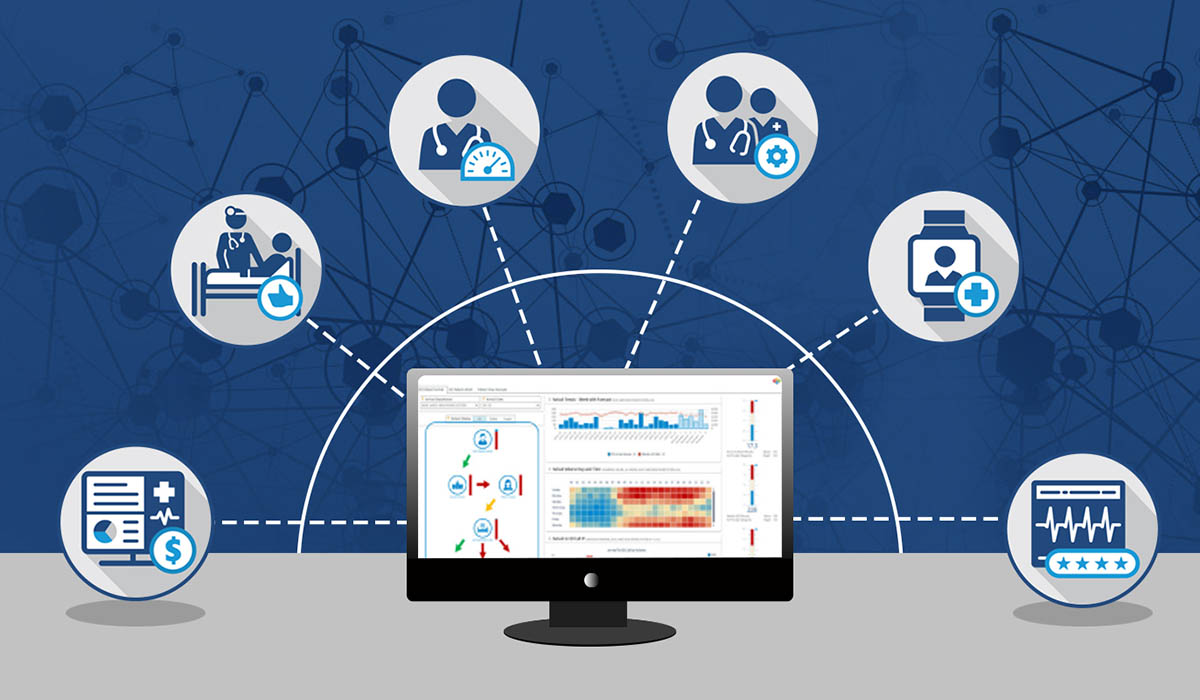The Definition of Systems and Data Management
The old paper and pen models in place for managing data are gradually being phased out in many places. The papers and pens are replaced by well-designed, dependable, user-friendly, and easy-to-use data management systems that make everything quite easy.
The systems not only make data management easy but also come with many advantages which will increase the level of accountability. Take a look at more of its importance.
Hospital Systems
Hospitals require high accountability and record-keeping, be it the financial records or the patients’ records, as patients’ records are private and confidential. In the latter sector, proper record-keeping is paramount not only to the hospital but also to the patients’.
The records help doctors be in the loop of the patient’s medical history and can treat an illness better. For a health center lacking proper health records or has a massive, old, torn hard copy records, chances of misdiagnosing are high.
Moreover, retrieval of the records also comes in play since the faster a doctor learns of your medical history, the better. The documents also come in handy at learning family illness that might help to diagnose a condition.
For babies, the moment they are born, a good data management system will help keep track of the baby’s immunization, allergies, or any diseases.
How Data Management Systems Work
The systems come with end-user interfaces for doctors and nurses, and in this case, the management and every department are linked. The system developers from firms such as HHIT first come in and observe the day-to-day duties of a hospital, talk to staff, and inquire on the problems and solutions they propose.
The systems will be developed with data collected being put into consideration during development. A central command center will also be set in place. From the primary command center, the management will grant staff the rights and access to the system. Each user will have a specific role and responsibilities.
Besides that, old and hard copy records are scanned and updated into the system to correspond with the situation on the ground. With the system in place, the patient’s records can be updated with ease by the doctor during the visit. Retrieval of old information is also made easy as it’s just by a click of a button.
Benefits of Data Management Systems
- Systems are linked to each other, hence overcharging patients is avoided.
- Patients can process payments from their insurance via a click of a button. Keeping hospital bill records is easy for patients.
- Data retrieval for patients, doctors, and nurses is easy. Through the system, a doctor is a click away from the patient’s records.
- The hospital management team can carry and oversee the operations of the health center away from the office. The system ensures department heads authorize every transaction before implementation. Interlinking of the departments provides accountability and prevents data manipulation.
- Data management systems help get rid of rooms used to store hard copy records, hence create space for hospital use.
- Data management improves the overall control of the hospital.
- Most importantly, it improves the security of data for both patient and management through restricted access.
A well-designed data management system, regardless of the sector, is essential for record-keeping. The system gets rid of inefficiencies brought about by paper and pen. Digitalization also helps get rid of unnecessary services.





















